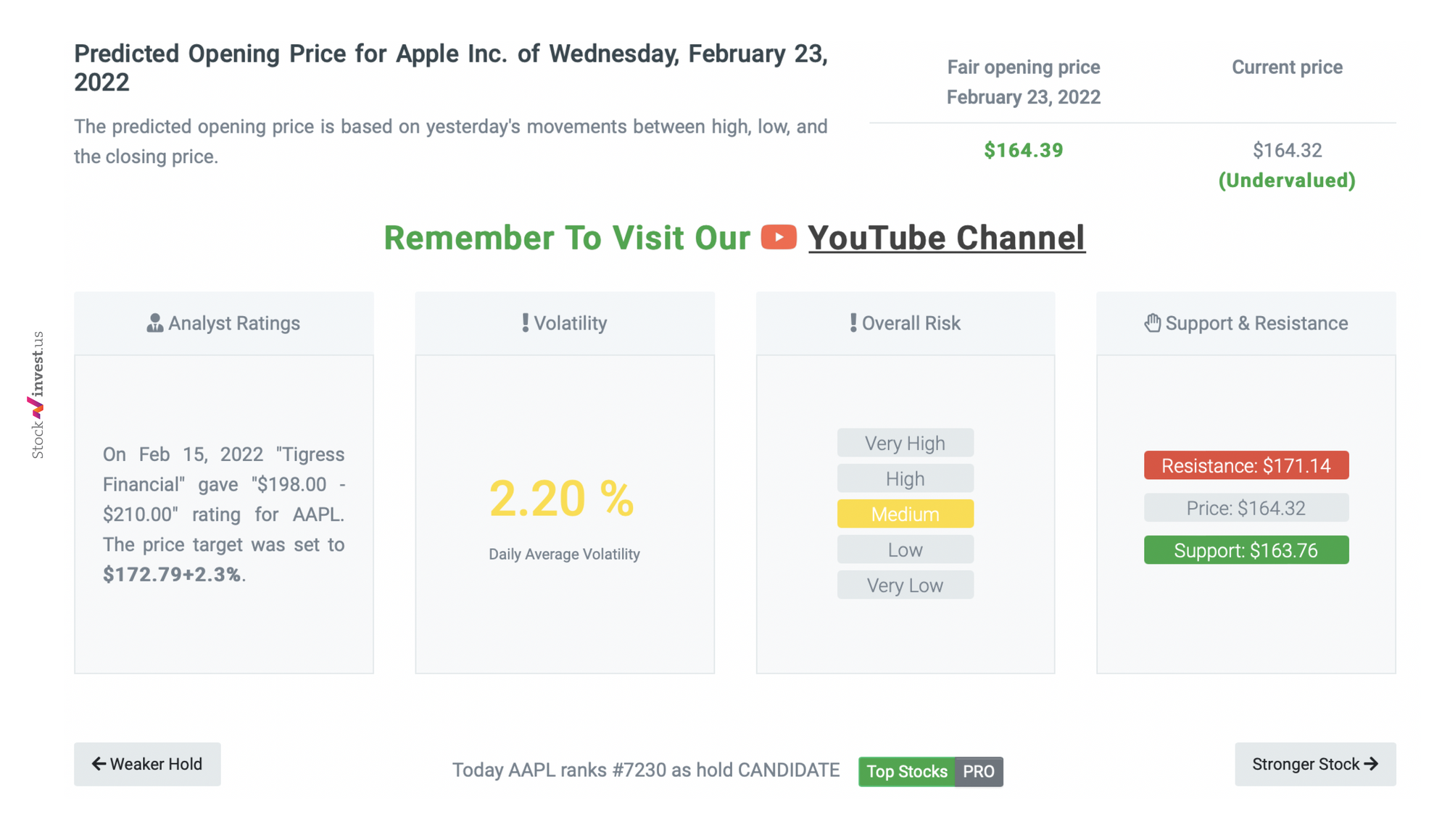We also made a video based on this article, you can already watch it on YouTube
It's one of the most challenging questions an investor or trader has to decide. It's straightforward to buy a stock, but selling it is generally a more complex call to make. You run the danger of missing out on gains if you sell too soon and the stock rises. If you sell late and the stock drops, you've probably missed your chance. Selling a stock is never easy, and there are times when the reason is human nature's proclivity for greed. However, there are methods for determining whether it's (and isn't) a good time to sell.
Let's look at how we can make your life easier and help you answer this question. To profit from stocks, you must first determine the best moment to purchase and sell. To make a profit, you must execute both of these choices correctly. What can you, as an investor, do? The choice of when to sell a stock is frequently more challenging than the decision to acquire it, primarily if you're investing for the first time. In general, several factors—tied to the stock itself and the market— dictate when and whether to sell a stock.
You may find yourself in this scenario:
You buy shares of stock at $100, intending to sell them if the price reaches $110. The stock hits $110, and you decide to wait it out for a couple more dollars in profit. When the stock goes $115, greed takes over reason. Suddenly, the price drops down to $96. You tell yourself to wait until it rises back up to $100 again. This never happens. When it drops below $90, you give up hope and sell at a loss because you're tired of waiting. In this scenario, it could be said that greed and emotion have overcome rational judgment. The loss was $10 a share, but you actually might have made a profit of $15 when the stock hit its high. But the problem is why the investor is selling or not selling in the first place. Consider using a limit order to sell your stock when it reaches your intended price, removing human nature from the equation in the future. You won't have to watch that stock rise and fall. When your sell order is placed, you'll be sent a notification.
Let's take a look at why this might happen.
First is Lifestyle: Lifestyle changes also provide convincing reasons to sell a stock. Younger investors may choose to sell all or part of their portfolio to make a down payment on a house or purchase a car. Investors approaching retirement might sell stocks to wind down the equity component of their portfolios and reduce risk exposure. Parents who have tax-advantaged plans earmarked for particular goals such as their children's education could also liquidate them.
Financial: Any number of reasons may exist for the investor to want to sell a stock, ranging from economic issues to concerns about fluctuations in the market. A stock, for example, might have increased so substantially with the rest of the portfolio that an investor must rebalance it to put it back into balance. Another incentive to sell a stock is if the investor needs cash now to invest in a different venture, such as real estate. Such financial factors are quite powerful excuses for selling security.
Buying it was a mistake: You've observed this stock—or, more likely, a meme stock—make huge gains daily, so you decide to suspend your disbelief and put in a large purchase order for the stock. You become aware that you've probably made a mistake as soon as you make it. In this instance, the best course of action is to sell the stock, even if it means taking a loss on the trade. To avoid making the same blunder in the future, resist the urge to chase hot stocks that are racing down the road and may burn you financially.
When the market looks shaky: This one is difficult and not a suggestion to engage in market timing, but there are instances when the general market appears overbought; during these conditions, it makes sense to get rid of the weaker holdings in your portfolio. Stocks of firms with a high debt burden or a vulnerable financial position might be the first to fall during a financial crisis.
Stock reaches your intended price target: If you made a promise to yourself that if the stock ever came back to your buy price, you'd sell it. Similarly, if a stock reaches a point where it was previously traded for an excessively short period or would consider selling part of your position rather than regret another missed chance, then why not sell all of it?
When the price rises dramatically: Selling a stock merely because it has increased substantially in price isn't always the wisest move. In some situations, the company's underlying fundamentals (for example, sales and/or earnings might be growing faster than investors' expectations). However, in certain situations, the price may have advanced exponentially simply on speculation or due to other factors such as takeover talk or a short squeeze. In such circumstances, the investor would be well-advised to conduct some investigation in order to figure out why the stock prices are rising and, depending on the findings, either sell the whole position or part of it and place a stop order to sell the rest if it trades below a specific price. The more that a stock's short-term gains contribute to your overall portfolio, the more critical the sell decision.
When fundamentals deteriorate: The fundamentals of stock can deteriorate for a variety of reasons, including slowing earnings and/or revenue growth, increased competition, higher costs, and lower margins. A company's quarterly earnings report may be the first indication that its fundamentals are deteriorating. The stock typically drops by double digits when a company releases negative news, such as an earnings miss or reduced forward guidance. In these situations, the investor must evaluate if the deterioration in the stock's fundamentals is fleeting or permanent. Because this is a complex process, it may be preferable to sell and exit the position first before deciding whether it should be repurchased later.
Suppose a rival company issues terrible news: When a bellwether firm in a particular sector reports an earnings miss, the issues affecting that sector frequently come to light. Unless you are confident the industry's problems will not influence your stock, consider selling it if you own shares in a company from that sector.
You must have a good reason for purchasing stock in the first place. Is it attractive for its growth? You like its dividends, or you just bought it to ride the short squeeze. When you know why you purchase it, you must already have a reason to sell it so you wouldn't get caught holding a stock you don't know what to do with. That's why StockInvest.us offers support and resistance levels as well as stop-losses so you would get some guidance.





